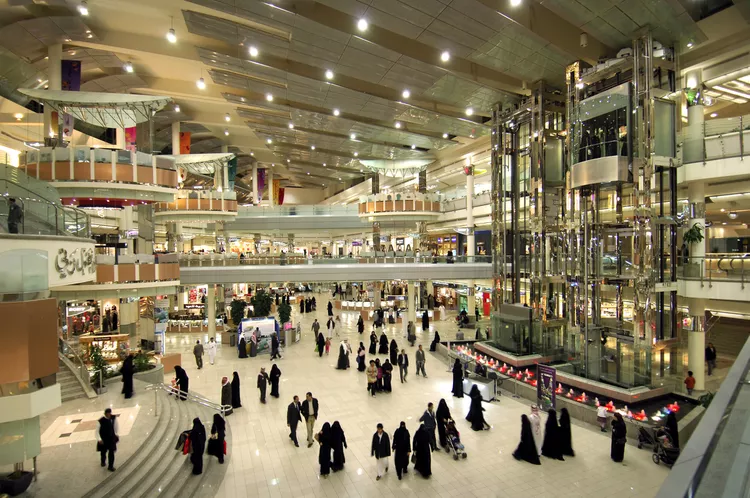Summary
Female travelers may wish to exercise caution when considering these countries.
In today’s global landscape, women are achieving unprecedented levels of influence and success, from prominent leaders such as Angela Merkel and Cristina Fernandez de Kirchner to celebrated musicians, film stars, and renowned activists like Malala Yousafzai. Despite these advancements, women continue to confront significant challenges, particularly in developing nations where legal protections are inadequate or even counterproductive. While it is easy to assume that grave injustices are confined to specific regions, the reality is that some destinations pose heightened risks for women travelers.
This article highlights the most challenging destinations for female travelers.
01 of 05
Saudi Arabia

In recent years, Saudi Arabian women have gained international attention for their courageous protests against the conservative nation’s ban on female drivers, which has prompted some local clerics to reconsider its validity.
While visitors to the Kingdom might not intend to drive, it is important to note that women cannot appear in public without a male guardian, whether local or foreign. Therefore, it may be advisable to explore alternative destinations in the Middle East.
02 of 05
Brazil

Although it may seem paradoxical to label Brazil as a hazardous destination for women travelers, considering it had a female president and is famous for its attractive beach culture, recent findings bring to light alarming levels of violence against women. The prevailing machismo culture, among other contributing factors, results in a disproportionately high rate of violence targeting women. While this aggression is infrequent toward tourists, it severely affects local women, particularly those of color who experience significantly elevated rates of violence compared to their white counterparts, as indicated by studies on the subject.
03 of 05
India

Despite India’s rich tapestry of cultural and natural wonders, its recent notoriety in the travel media has been predominantly due to reports of tourist assaults. Local women often fare no better, especially in cities such as Mumbai and Delhi, where the metro system has faced ongoing scrutiny regarding its safety for female passengers since its inception.
Controversy has surrounded India’s current leadership since it took office in 2014, particularly regarding the sudden demonetization of currency in 2016, which had far-reaching effects on tourism. Despite the government’s vague assurances, there are few concrete solutions in sight to combat the pressing issue of violence against women in the country.
04 of 05
Kenya

Generally, visitors to Kenya should remain cautious of petty theft, muggings, and carjackings. However, female travelers need to exercise heightened awareness due to the significant risk of sexual violence in the nation.
In late 2014, many Kenyan women took to the streets in protest against an assault on a local woman related to an arbitrary dress code, though violence against women persists as a critical issue in this East African country, known primarily for its safari opportunities.
“Women of all ages, education levels, and social backgrounds, in both rural and urban environments are subjected to violence in Kenya,” as stated in a recent U.N. report on this matter.
05 of 05
Morocco

While Egypt often dominates discussions regarding female travelers’ safety due to incidents following the 2011 revolution and the notorious case involving journalist Lara Logan, women traveling throughout North Africa generally contend with extensive street harassment. Morocco serves as a pertinent case for female travelers, given its increasing popularity over the past years.
This trend may be attributed to conventions in Muslim-majority countries like Morocco, where it is customary for unmarried women to be accompanied by male guardians when in public, particularly when dressed in attire associated with Western cultures.
While this circumstance does not excuse any form of sexual violence, it is imperative for women traveling to Morocco—especially those journeying alone or who are unmarried—to remain vigilant and avoid unwarranted interactions with groups of local men.





